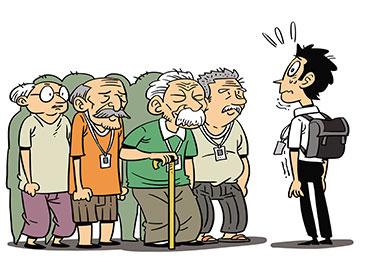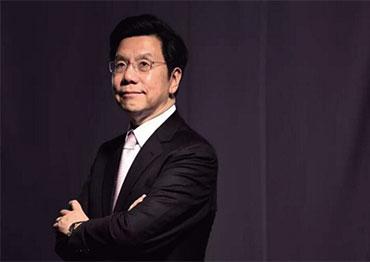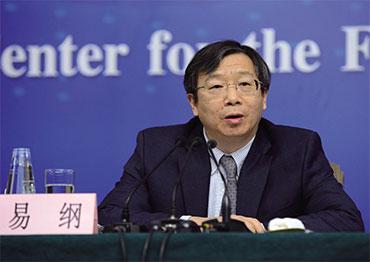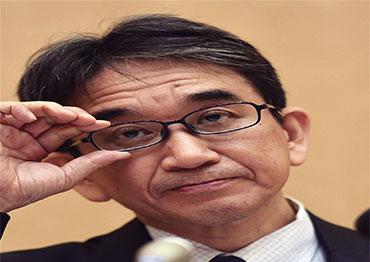“Among large countries with populations over 100 million, China is without a doubt the one that has seen the most rapid demographic changes, with the largest decrease in births and largest increase in senior population.”
Li Jianxin, a sociology professor at Peking University, warning that China is not fully prepared for its fast-aging population, at an online forum organized by platform Narada Insight
“We can already see the contours of the post-Covid business environment taking shape. Everything that can be cost-effectively automated will be removing people from the process not just for profit and performance but for health and safety. If robots and software were appealing before the pandemic, the reasons not to adopt the technologies are even weaker now, whether a vaccine against Covid-19 is developed or not.”
Lee Kai-fu, chairman and CEO of Sinovation Ventures, in a column for The Economist in June 2020 which the magazine reposted online this January
“Looking ahead, China’s currency policy will continue to balance economic recovery and risk control. We will ensure the continuity and stability of our policies and will not withdraw supportive measures prematurely.”
Yi Gang, president of the People’s Bank of China, during a dialogue for the World Economic Forum held online on January 25
“Measuring wealth by GDP was proposed in an era of petroleum, coal and steel. The metric suffers from a ‘generation gap’ today, a time when information, data and intelligence drive the economy. So I don’t think GDP reflects the nature of current invisible algorithms, development and innovation.”
Economist Song Hongbing on his Sina Weibo account
“Japan and China need to get out of this vicious cycle, that is, some [sensitive] event could make the bilateral relationship suffer, even to the point of impacting commercial activities. Since Japan and China are geographical neighbors, we have to base our relationship on common ground that conforms to the strategic interests of both sides.”
Hideo Tarumi, Japan’s ambassador to China, in a recent interview with finance portal Caixin
“It took just nine months for the top 1,000 billionaires’ fortunes to return to their pre-pandemic highs, but for the world’s poorest people, recovery could take 14 times longer; more than a decade.”
The international charity organization Oxfam in their report The Inequality Virus released on January 25, warning that the Covid-19 pandemic has further widened income gaps
“China and the US will benefit each other by cooperation and hurt each other by confrontation, so cooperation is the only way for both sides. We hope that the new administration will learn a lesson from Trump and bring the Sino-US relationship back on the right path of healthy and stable development by treating the bilateral relationship from an objective perspective and launching positive and constructive China policies that focus on increasing cooperation and controlling disputes.”
Zhao Lijian, spokesperson for China’s Ministry of Foreign Affairs, at a regular press conference on January 26
“China has neither developed a complete system of scientific ethics and management, nor created an environment where researchers will call out others for scientific misconduct.”
Jia Ping, an adjunct professor at St. Mary’s University School of Law in San Antonio, Texas, writing for Caixin
“The prevailing labor law is toothless and not implemented effectively... If workers had not lost the protection of labor laws and putting in overtime was not seen as normal, the idea that working overtime is a reward and a normal part of striving for success would not be so prevalent in society.”
Wang Tianyu, a deputy director at the Institute of Law, Chinese Academy of Social Sciences, in a recent interview with the Legal Daily, a paper under the Central Politics and Legal Affairs Commission of the Communist Party
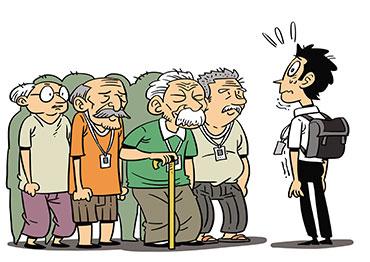
 Old Version
Old Version
